After skipping the Olympics entirely in 2018, fans were ecstatic when the NHL announced they had committed to attending the 2022 tournament. Finally, after eight years, hockey would get a best-on-best competition that pitted the likes of Connor McDavid and Sidney Crosby against Alexander Ovechkin and Evgeni Malkin or Auston Matthews and Patrick Kane. However, after being forced to postpone several games due to COVID-19 outbreaks, the NHL rescinded their commitment and officially withdrew from the Olympics on Dec. 22, 2021.
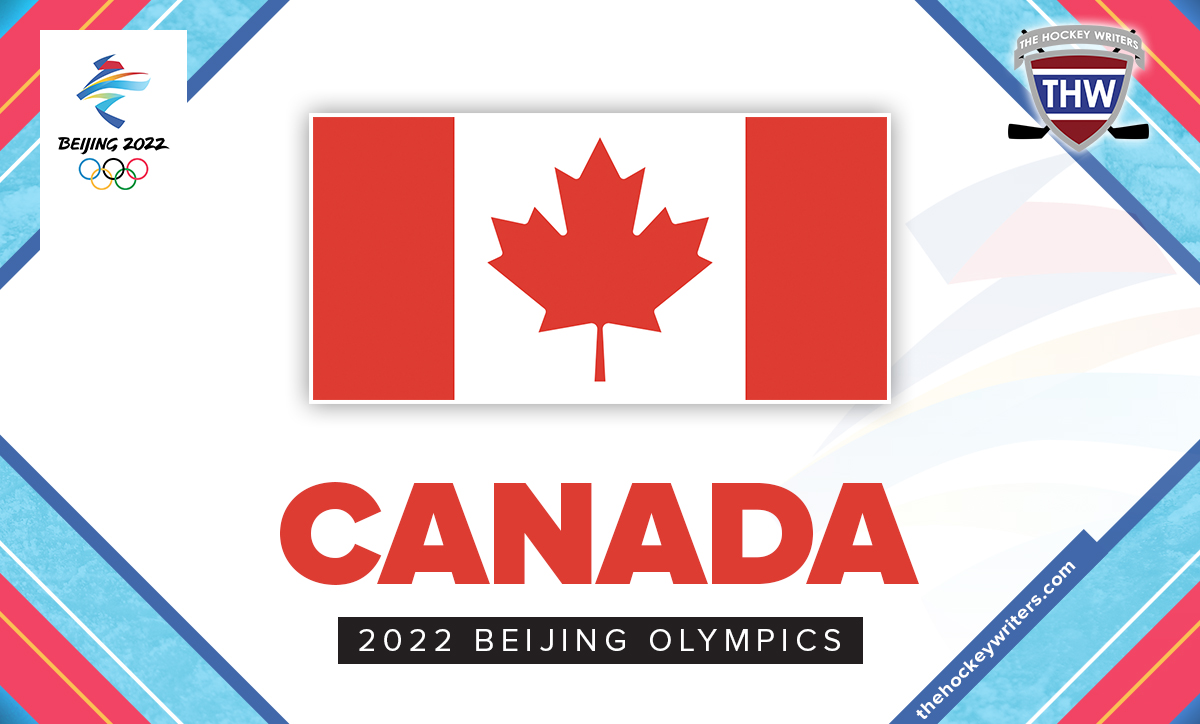
While fans and players alike were disappointed with the announcement, the tournament still promises to be an exciting competition, and Canada promises to be a medal favourite, even without its best players from the NHL. Hockey and Canada are intertwined more than any other nation in the world, and the players this year will be following in a rich history of success. From the birth of the NHL to the first Olympic hockey game, Canada has always been a top competitor, and this year won’t be any different, despite the absence of their best players.
Hockey’s History Begins in Canada
Without Canada, hockey would not be the sport we know today. While the game has its roots in Britain, it was transformed when English, Irish, and Scottish immigrants brought it to the young Western nation. By the late nineteenth century, it was one of the most popular spots, and only a few short years after the first indoor game was played in Montreal, amateur and professional leagues were sprouting up all over, from Ottawa to Seattle, and even the Governor-General got into the excitement, creating a trophy for the best team in the country – Lord Stanley’s Cup.
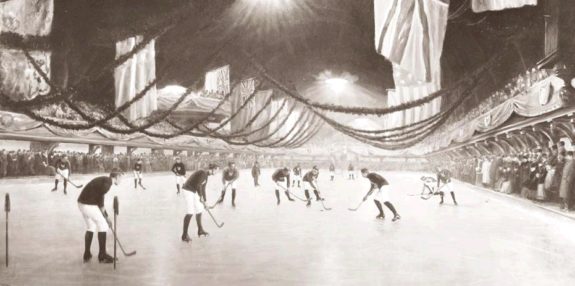
Around the same time, international organizations were beginning to take shape. In 1908, the International Ice Hockey Federation (IIHF) was formed in France, which prompted the Olympic Committee to include it in the 1920 Summer Olympics in Antwerp, Belgium. Seven teams competed in the inaugural competition, and it was none other than Canada who took home the first Olympic gold medal in hockey, and they did so in dominant fashion; they were undefeated in their three games and only allowed one goal during the entire tournament, which only came in the gold medal matchup against Sweden.
Related: Canadiens Fans Have Reason to Watch Olympics with Sean Farrell Invite
Over the next six Olympics, Canada lost out on gold just once, falling to a British team in 1936 made up mainly of ex-pats and dual citizens who had learned to play in Canada. But in 1956, the Soviets joined the tournament and blew away the competition with their cohesion, blazing speed, and different style. When the IIHF decided to allow NHL players to compete for the first time in 1998, many assumed that with the combination of Wayne Gretzky, Eric Lindros, Joe Sakic, and Patrick Roy, the team was virtually undefeatable. Yet not even that team could overcome the gold medal drought, falling to Czechia in the semifinals.
It wasn’t until 2002 that Canada finally broke through, claiming the gold medal over in a historic fashion. They underperformed throughout the tournament, posting a 1-1-1 record in the round-robin. But in the playoffs, they found their rhythm which took them to the finals, where they faced the undefeated Americans. Despite boasting two of the tournament’s highest-scoring players in Brett Hull and John LeClair, the Americans were unable to hold back the Canadians and the game finished with a score of 5-2.
Canada has since retaken their Olympic crown, winning two more gold medals since the 2002 win, and currently sit first with 13 gold medals and 22 total medals. But it’s not just at the Olympics where Canada has found success. At the World Championships, they have the most medals of any nation with 56 and are tied with Russia for first with 27 gold medals. Even without NHL players, the nation has done very well, sitting third in wins at the Spengler Cup and first in under-20 World Junior gold medals. With all that considered, it’s not a stretch to say that Canada is the most dominant hockey nation in the world.
Fun Facts About Team Canada & Its Players
- Harry Watson set an Olympic record in goals and points when he scored 36 times in the 1924 Olympics over just five games, the most in a single tournament.
- Murray Dowey also made Olympic history when he posted five shutouts in eight games in 1948. Furthermore, he’s the only Canadian goalie to sit in the penalty box after throwing the puck forward, which international rules did not allow.
- Chris Pronger has made the most Olympic appearances for Canada, dressing for 25 games over four tournaments.
- Since their inception in 1992, Canada has been involved in nearly a third of all Olympic shootouts, appearing in five. They are also the only team to play in a gold medal game that was decided by a shootout and overtime.
- Canada has defeated its opponents by more than 30 goals twice – a 33-0 win over Switzerland and a 30-0 over Czechoslovakia, both in 1924. Those games also stand as Olympic records for the most goals scored in a single game.
- However, Canada’s biggest win came in the 1947 World Hockey Championships, when they obliterated Denmark 47-0.
- Their biggest loss also came at the World Championships, falling 11-1 to the Soviet Union at the 1977 tournament.
- Canada owns the longest Olympic winning streak, lasting 16 games and stretching from 1920 to 1932.
Biggest Stars on the World Stage In Olympics
This year, all eyes will be closely watching Owen Power, who became the first player to officially commit to going to the 2022 Beijing Olympics. Despite being just 19 years old, he’s already won a World Championship gold medal in 2021, where he was the highest-scoring defenceman on the team. He’s also competed for the Canadian World Junior team, and although the 2022 tournament was canceled out of health concerns, he already had three goals and five points in two games, promising to be one of the best blueliners at the tournament.
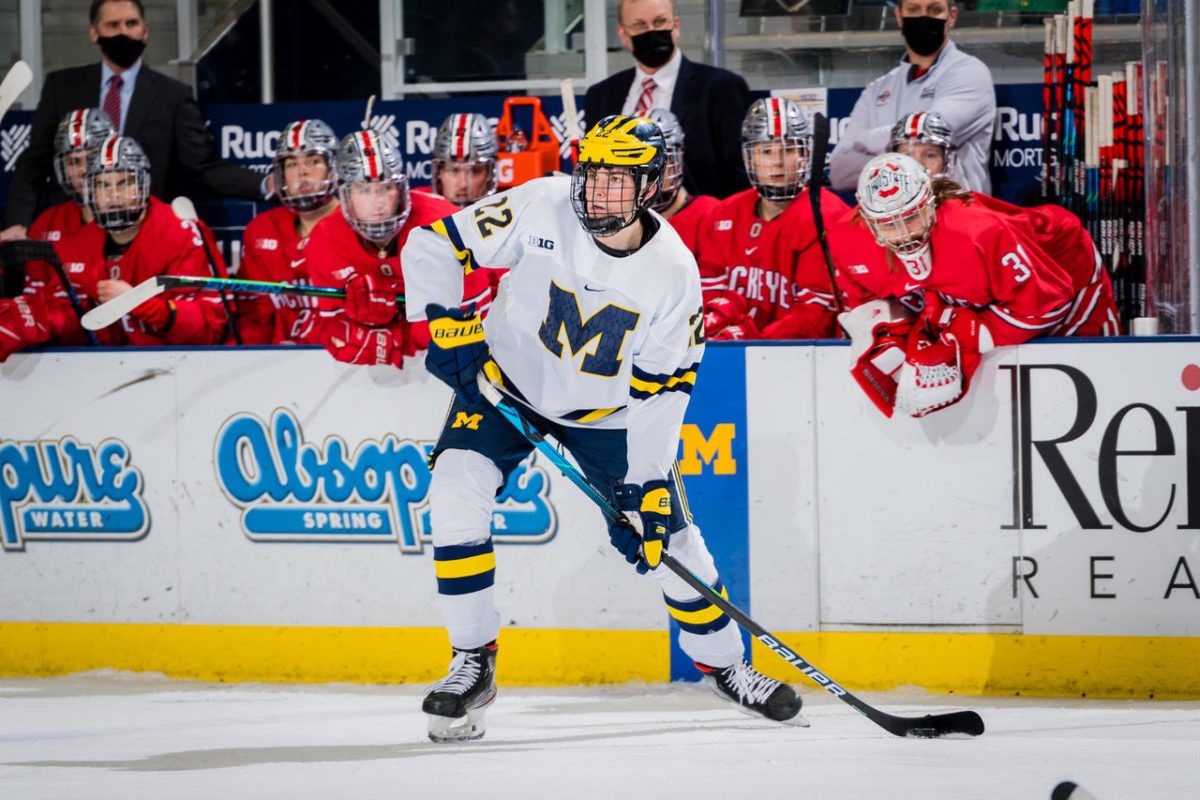
Power will have a chance to win an Olympic gold medal before he even steps into an NHL rink, which gives him an excellent head start to join the Triple Gold Club, a highly exclusive group that requires members to have won an Olympic gold medal, a World Championship gold, and to have hoisted the Stanley Cup.
Since the creation of the World Championship in 1930, only 29 players have claimed all three, 11 of which are Canadians. Joe Sakic, Rob Blake, and Brendan Shanahan were the first Canadians to join the esteemed club after winning gold with the 2002 Olympic team. Jay Bouwmeester became the latest inductee, winning the Cup with the St. Louis Blues in 2019 after winning Olympic gold in 2014 and helping Canada claim the World Championship gold in 2003 and 2004 as a teenager.
Dany Heatley never won a Cup, but the NHL All-Star was one of Canada’s best international performers. He is the highest-scoring Canadian at the World Championship with 62 points in 59 appearances spanning from 2001-2009, during which he won two gold medals, as well as Olympic gold in 2010. Close behind him is Rick Nash, a former first overall selection in 2002 and veteran of 1060 NHL games who scored 44 points in 34 World Championship appearances between 2004 and 2011, but won gold just once.
At the Olympics, Toews holds the crown as the highest-scoring NHL player with eight points, while Jarome Iginla has the most goals with five. Carey Price has by far been Canada’s best goalie at the Olympics, posting a 0.972 save percentage over five games in 2014 en route to a gold medal.
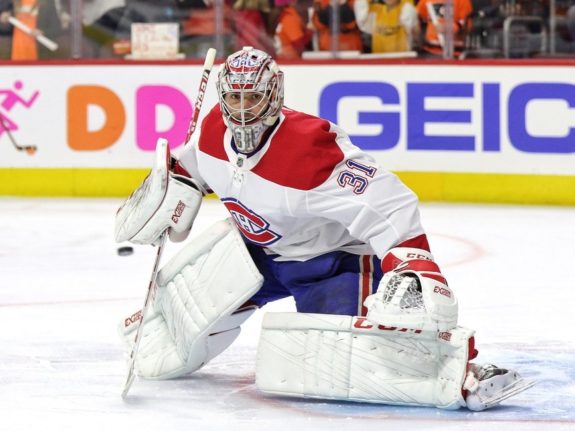
As for non-NHL players, Corey Hirsh leads all Canadian goalies with eight appearances, all of which came in 1994 where he recorded a 0.930 save percentage en route to a silver medal. Zach Fucale was another strong competitor on the international stage, appearing in three Spengler Cups and helping Canada win it all in 2017 and 2020. He was an excellent junior goalie, too, propelling Canada to a World Junior gold medal in 2015.
Surprisingly, Wayne Gretzky and Gordie Howe, two of the NHL’s biggest stars, never won gold at the Olympics nor the World Championships; Gretzky won three Canada Cup gold medals but came up short in his only Olympic appearance in 1998, while Howe made his only international appearance in 1974 at the Canada Summit Series at the ripe old age of 46. Similarly, Mario Lemieux had to wait until he was 36 years old before he made his first Olympic appearance in 2002.
Where Will Canada’s Players Come From?
Without the addition of NHL players, most of Canada’s athletes will come from Europe. Currently, 48 Canadians play in Russia’s KHL, 29 play in Switzerland’s National League, 25 play in Finland’s Liiga, and 23 play in the Swedish Hockey League, many of whom are former NHL players. Daniel Winnik, Corban Knight, Brandon Leipsic, and Eddie Pasquale are all being considered for the team.
However, it’s also been reported that Canada will turn to the NCAA and major junior leagues to find players without NHL contracts, or who will be permitted to leave their team for the Olympic break. That could include names like Kent Johnson, Mason McTavish, and Kaiden Guhle, who appeared on the 2022 World Junior team, as well as minor league players and free agents Josh Ho-Sang, Cody Franson, and Eric Staal.
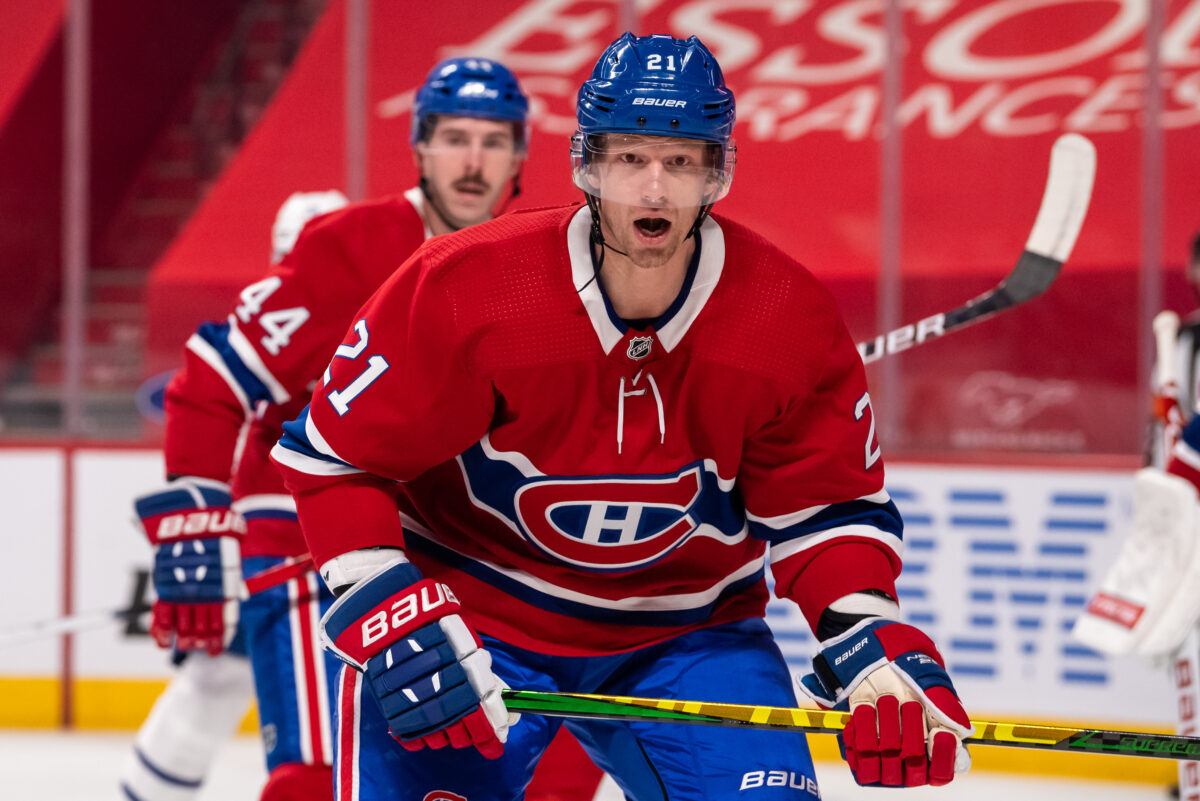
Yes, this team won’t have a recognizable face like McDavid or Crosby, but that doesn’t mean that Canada won’t be exciting to follow. Canadians have starred for teams all across the world and have proven in years and decades past that they are always a threat to contend for a medal, no matter whether they are professionals or amateurs. Canada has a long history of international success, and while it eluded them in 2018, there’s no reason to expect that to happen again in Beijing.
